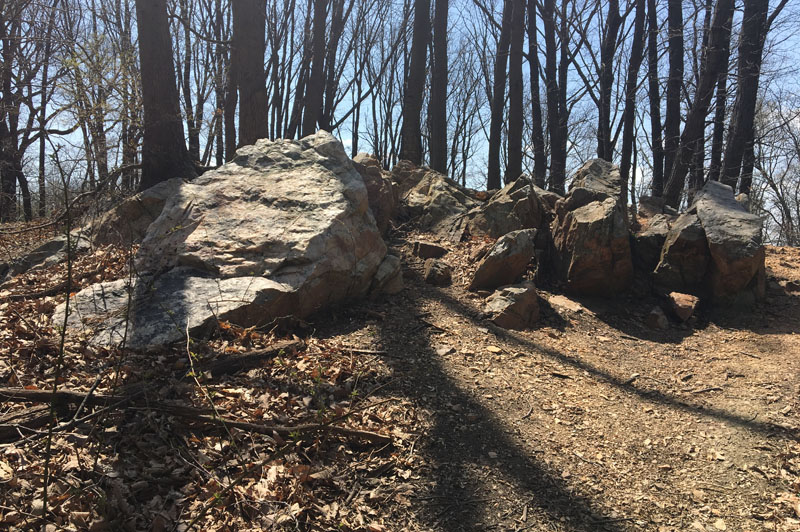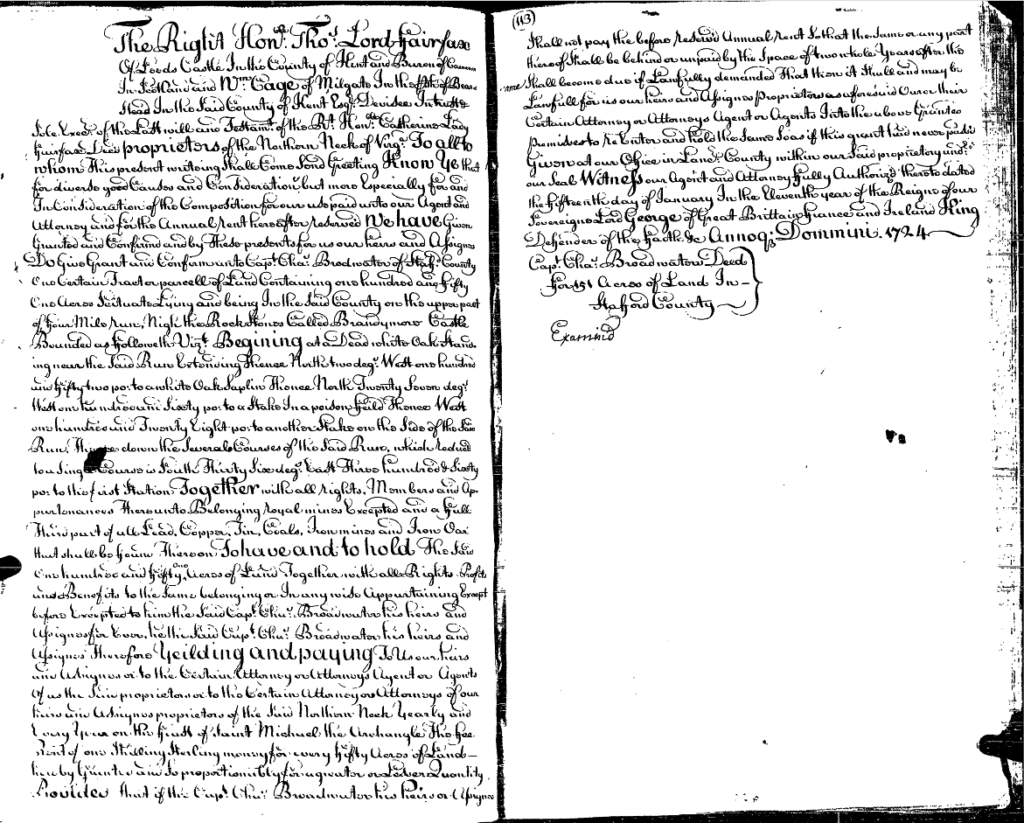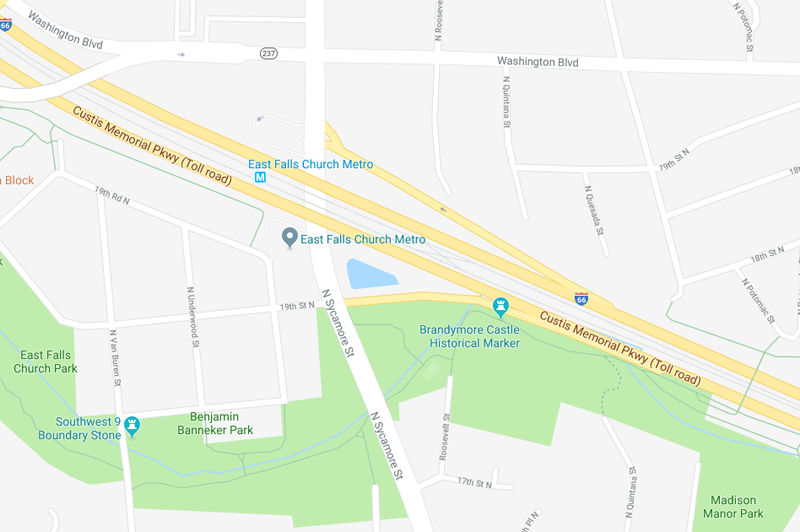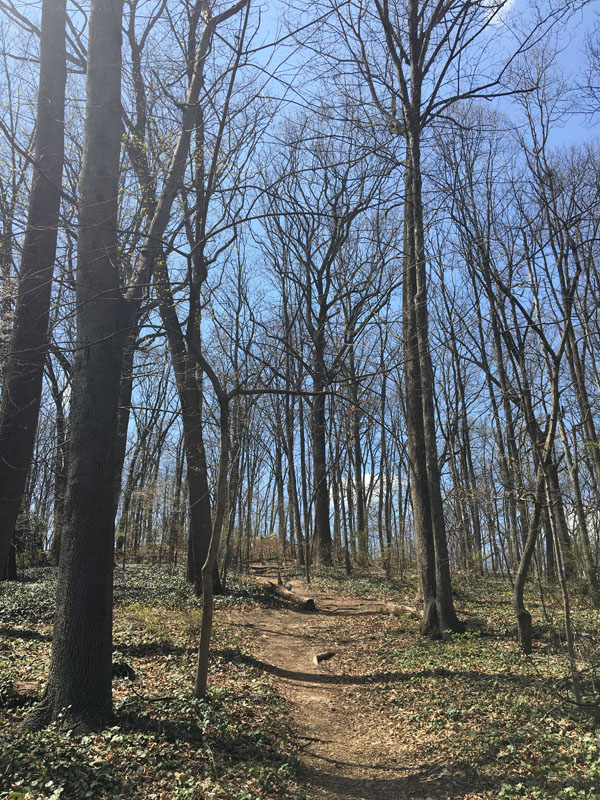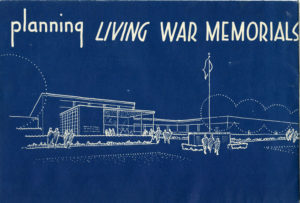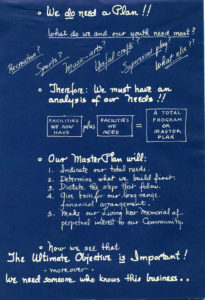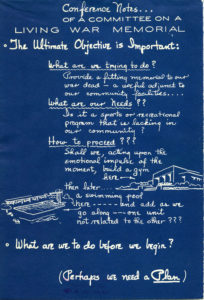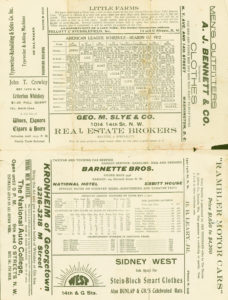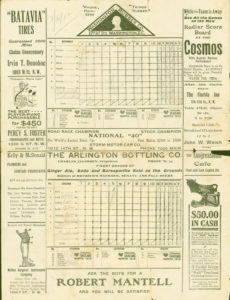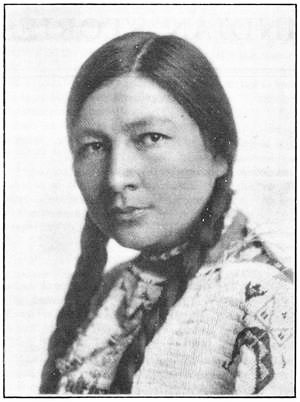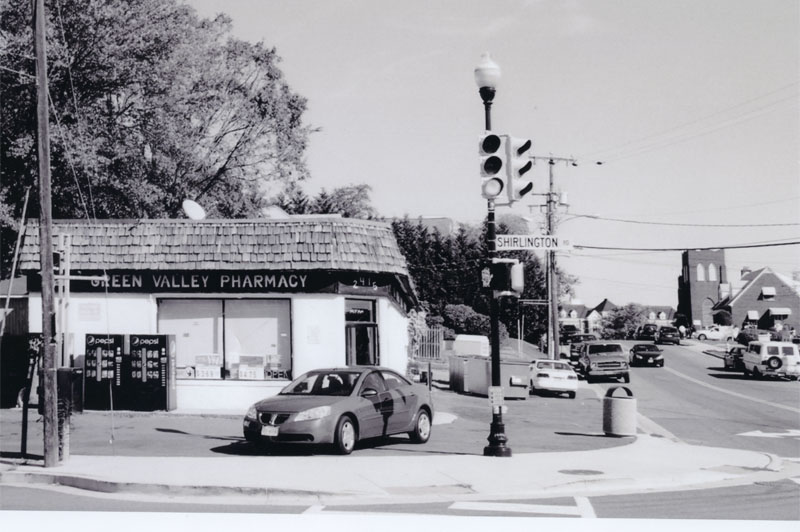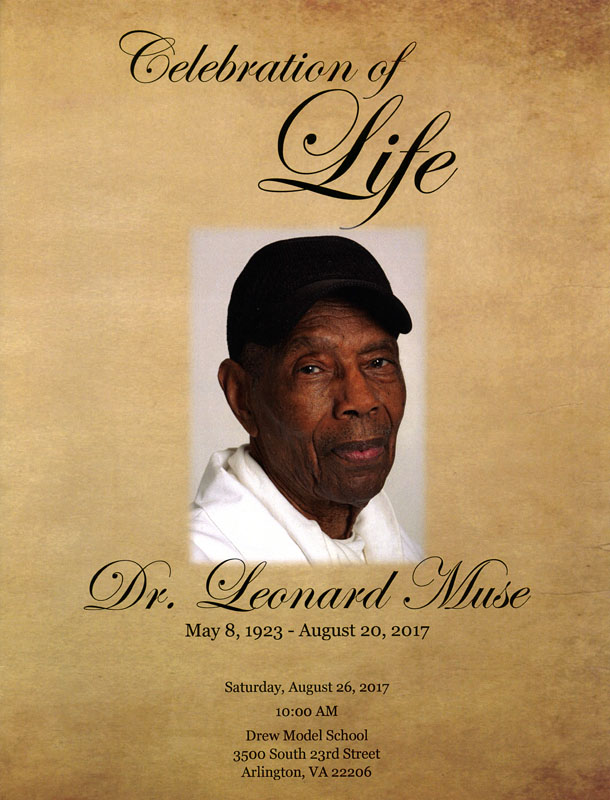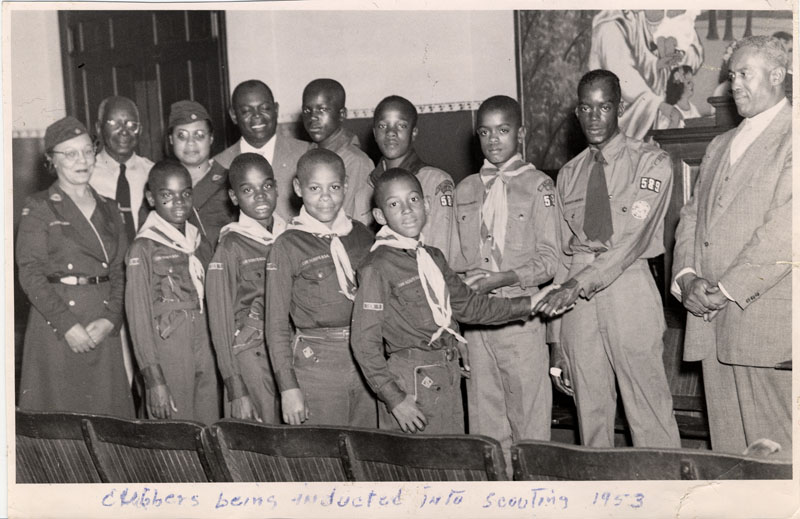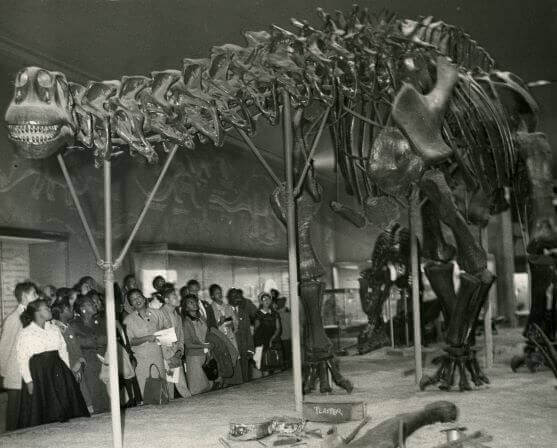Want to Hike to the Local "Castle"?
An easy walk within Madison Manor Park, off the paved bicycle/pedestrian path next to I-66, stands a quartz outcrop of rock near the border between current City of Falls Church and Arlington.
In 1649, Charles II, King of England, Scotland, and Ireland, granted seven Englishmen all the land between the Potomac and Rappahannock rivers as a proprietary colony - despite being in exile and not having the power to do so. The grant was known as the Northern Neck land grant as it encompassed 5,282,000 acres of Virginia’s Northern Neck. This land had previously been (and partially still inhabited by) the Monacan Indian Nation, the Doeg, the Mannahoac, and the Powhatan, among other groups, and had been transferred without their permission.
Surveyor Charles Broadwater had travelled from Surrey in England, to Virginia several times in the six years prior to finally settling in the area in 1716. He and his wife Elizabeth Semmes West had two children. He immediately became very involved with the community, building a wharf near Great Hunt Creek (now Alexandria) and becoming a vestryman for Truro parish (largely in southern Fairfax County.)
On January 15, 1724, Charles received one of the Northern Neck land grant parcels NN-A-113, a 151-acre tract straddling the line between Fairfax and what is now Arlington. This was only a small part of his land holdings; between 1724-1726 he owned 2,089 acres.
Land grant to Charles Broadwater with Brandymore Castle noted as a wayfinding marker, courtesy of the Library of Virginia, Virginia Land Office Patents and Grants, Grants A 1722-1726
Landowners were required to fulfill a number of requirements to ‘perfect’ or take complete claim of the grant, including paying taxes, surveying the property boundaries, and constructing a building. Virginia was still only minimally developed, with hundreds of acres with barely a sign of European presence, so memorable natural elements in the landscape were important wayfinders for surveyors and early settlers. The earliest named record of the quartz outcrop near the border between current City of Falls Church and Arlington is by Charles Broadwater himself, who described it in 1724.
The origin of the name is unknown- there is no Brandymore in Surrey, and Charles Broadwater made no reference to how he settled on the name, or who had named it before him. However, the name stuck not only in his notations, but also in official land records. Brandymore Castle went on to be mentioned in five other Northern Neck land grants as a key landmark in the earliest proprietary land surveys of Virginia.
In 1986, Arlington County’s Historical Affairs and Landmark Review Board (HALRB) recommended that the County Board designate Brandymore Castle as a local historic district to recognize its role in and representation of early settlement in Arlington.
The limestone outcrop has changed over the centuries as it has weathered almost 300 years since it was first seen by Charles Broadwater. It stands as a tangible reminder of the natural beauty that once dominated a rural landscape. This oft-forgotten stone outcrop was once a beacon for hundreds of acres of undisturbed forest.
In 2001 one of the larger stones was defaced by vandals. This required specialized cleaning with environmentally safe methods on the part of the Arlington County Parks Department. Because regular cleaning agents can be extremely harmful to the stone, and the runoff would have been toxic to the natural environment around it, the stone had to be sandblasted and then hand cleaned with water.
If you visit today, you’ll notice that even now one of the stones is noticeably brighter than the rest!
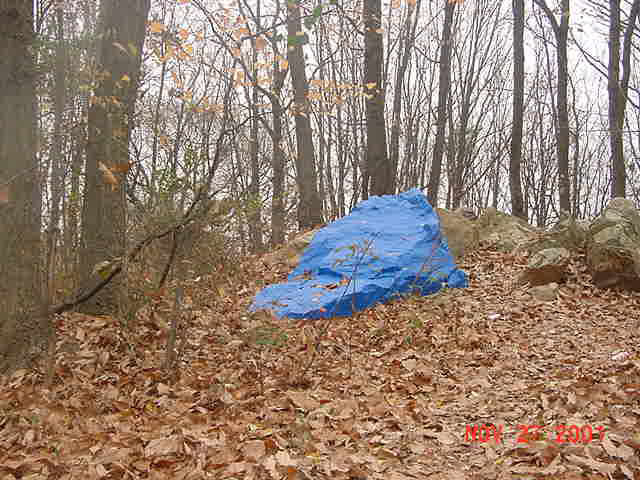
Photo taken 2001, Arlington County Historic Preservation Program
In the area and want to hike up to visit? It’s a fairly easy walk within Madison Manor Park off the paved bicycle/pedestrian path next to I-66.
References
Wise, Donald A. “Some Eighteenth Century Family Profiles, Part 1”, Arlington Historical Society Magazine, Vol. 6, No. 1, October 1977.
“About the Virginia Land Office Patents and Grants/Northern Neck Grant and Surveys”, Library of Virginia, accessed December 5, 2018 http://www.lva.virginia.gov/public/guides/opac/lonnabout.htm.
Moxam, Robert M., “The Re-Discovery of Brandymore Castle”, Arlington Historical Society Magazine, Vol. 5, No. 1, October 1973.
"Preservation Today: Rediscovering Arlington" is a partnership between the Arlington Public Library and the Arlington County Historic Preservation Program.
Preservation Today: Rediscovering Arlington
Stories from Arlington’s Historic Preservation Program
Arlington’s heritage is a diverse fabric, where people, places, and moments are knitted together into the physical and social landscape of the County.
Arlington County’s Historic Preservation Program is dedicated to protecting this heritage and inspiring placemaking by uncovering and recognizing all these elements in Arlington’s history.
To learn more about historic sites in Arlington, visit the Arlington County Historic Preservation Program.
